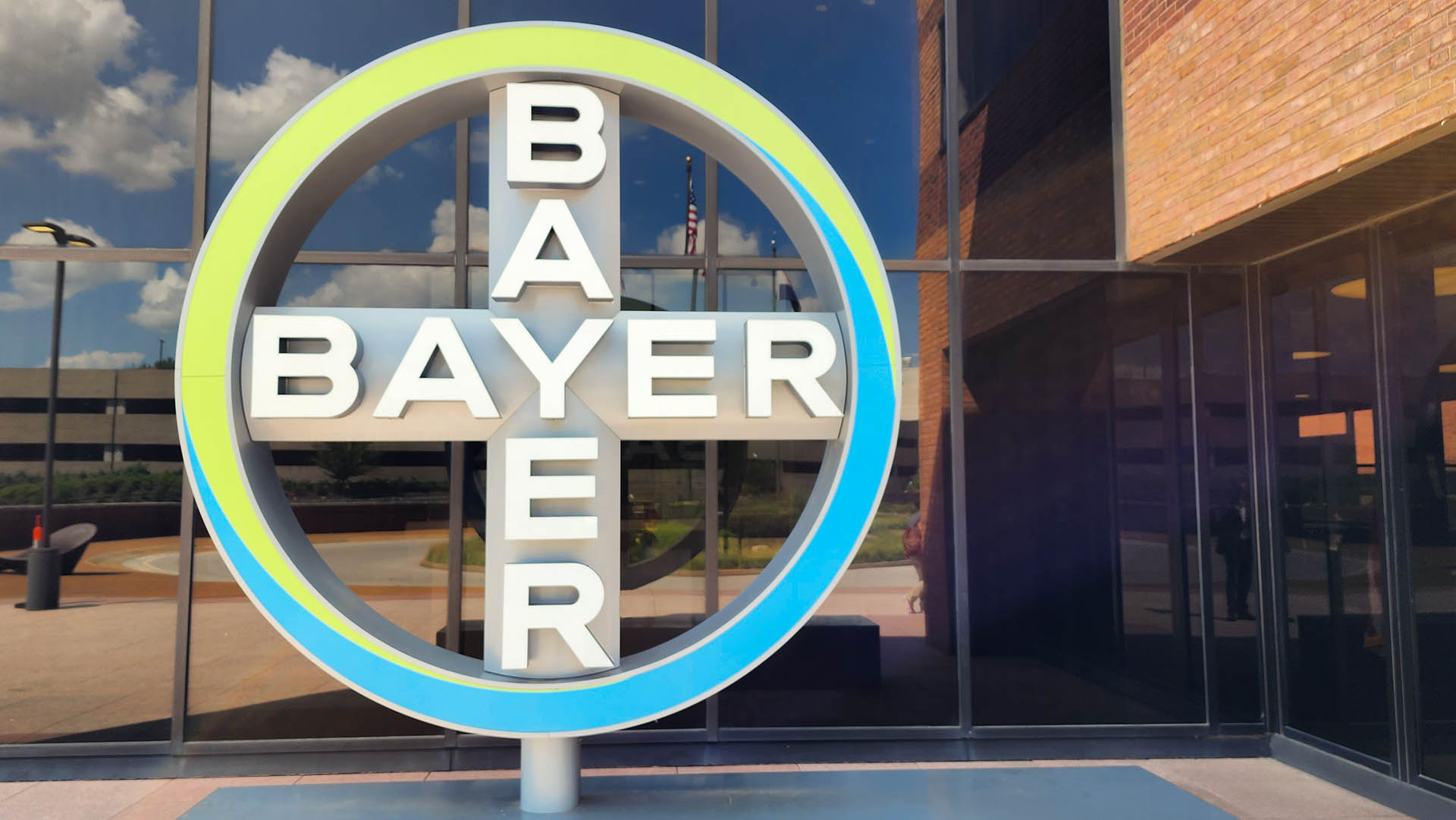
(Photo: Iowa Soybean Association / Aaron Putze)
Ongoing litigation against glyphosate threatens availability of crop protection products
April 18, 2024 | Aaron Putze, APR
Bayer distributed a letter this week to select media outlets, including Politico and the Des Moines Register, summarizing its rationale for pursuing state policy efforts with a federal strategy to counter continued litigation against the use of the herbicide glyphosate.
Iowa legislators are currently considering bill SF 2412 that seeks to limit civil lawsuits against domestic manufacturers of glyphosate (including Bayer) due to failure to warn. The legislation is timely as Bayer has settled billions in civil litigation on grounds they have “failed to warn” users that their product is a potential carcinogen.
Labels on the herbicides you depend upon are strictly regulated under federal law administered by EPA. The human toxicology studies underpinning the glyphosate registration found that glyphosate, when used as directed, is not carcinogenic.
Due to that finding, it’s illegal under federal law for Bayer to label their product as a “potentially” or “likely” carcinogenic. To do so would violate their federal registration. To limit future liability, Bayer is running bills in three states including Iowa, Missouri, and Idaho while executing federal legislative and regulatory strategies.
Consistent with ISA policy, the association registered in support of this bill (joining the Iowa Corn Growers Association, Iowa Farm Bureau Federation, and Agribusiness Association of Iowa, among others). The proposed legislation speaks to the importance of maintaining tools in the toolbox for farmers to utilize.
The bill’s future remains uncertain this legislative session.
Letter published in its entirety:
Open letter from Bayer
For over 160 years, Bayer has stood at the forefront of health and safety while producing some of America’s most trusted and iconic brands. One such product is the herbicide glyphosate which, sold as Roundup®, is one of the most important inventions in agriculture in the last 50 years and has been thoroughly evaluated and certified multiple times by the U.S. Environmental Protection Agency (EPA), the European Food Safety Authority (EFSA), and all other leading safety and regulatory bodies around the world as safe to use.
It has enabled millions of American farmers to have better yields and lower their weed control input costs – and the only group to categorize glyphosate as a probable carcinogen is an affiliate of the World Health Organization, which is not a regulatory body and did no original studies. It puts other everyday things like drinking hot beverages, a barber’s occupational exposure, and eating red meat at the same level of safety hazard as glyphosate. Despite the clear science behind Roundup’s safety and benefits, thousands of lawsuits persist in courts across the country, fueled by over $100 million dollars in expansive marketing and TV ads by the litigation industry to recruit and accumulate plaintiffs.
We win when juries have access to all the relevant evidence and scientific information. So, the litigation industry fights to prevent the EPA’s rigorous analysis and science-based conclusion that Roundup is safe to use from being shown in court. Instead, they rely on junk science to mislead juries.
When the whole story is not told, billions of dollars are diverted to the litigation industry. Billions that could have been invested into expanding our leading R&D programs and other important investments – investments that are essential to solving some of the world’s most important problems, benefiting both farmers and society.
Why does this matter?
Because the impact of the courtroom will be felt at every dinner table in America. Food prices are already high, but without advanced agricultural products farm yields will go down, farmland will be degraded, farmers’ costs will go up, and food prices will rise even more dramatically.
Farming has never been easy. If American farmers lose a critical tool like glyphosate based on the litigation industry’s actions, they will face even harder choices. Bayer is the only domestic manufacturer of glyphosate. If this keeps up, farmers will be left with two options – grow less food or rely on foreign supplies of the product.
We plan to continue providing U.S. farmers this vital, valued product so America’s consumers and a hungry world can be economically and abundantly and, above all, safely fed. But there’s a limit to what we can do. We hope others will soon recognize how high the stakes go, well beyond one product or industry to touch upon fundamental American values and interests.
Back